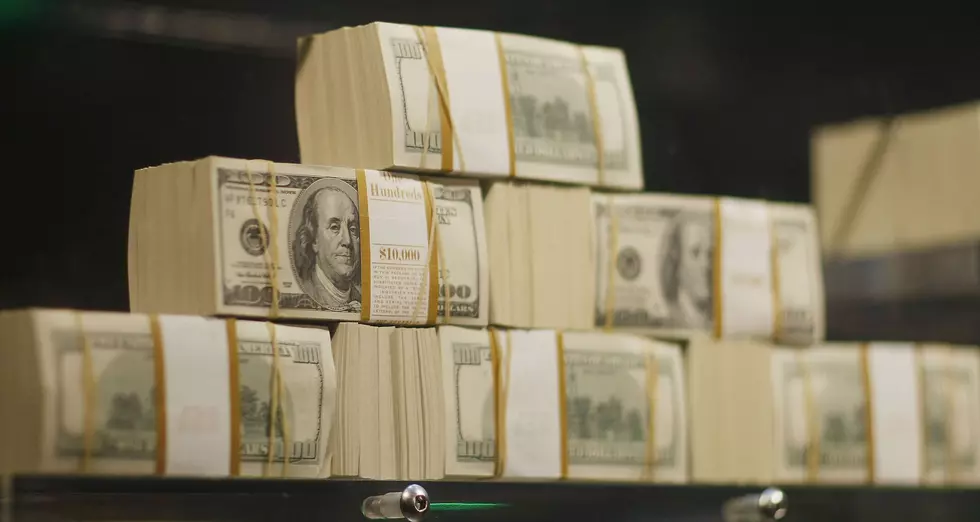
Two Casper, One Texas Man Indicted for COVID-19 Relief Fund Fraud
Two Casper brothers and a Plano, Texas, man have been indicted for attempting to fraudulently obtain more than $400,000 of COVID-19 relief funds, according to a news release from Andy Tsui of the Denver office of the Internal Revenue Service Criminal Investigation division.
The indictment is sealed for now, IRS spokesman Joe Simms said.
Defendant Georges Ngassa of Plano has been arrested, Simms said.
Gaston and Simon Dabre of Casper have until the end of the month to turn themselves in.
Once all defendants are in custody, the indictment will be unsealed, Simms said, adding that he is not aware of any other co-conspirators.
The U.S. Attorney will make that information about possible co-conspirators, and what they did with the money, will be released at a later date, he said.
The U.S. Attorney's Office will prosecute the case in the East Texas U.S. District Court, Simms said.
The indictment says the co-conspirators submitted multiple false and misleading Economic Injury Disaster Loan applications.
Ngassa communicated with the Dabre brothers and coached them how to fill out the applications to receive the most money possible, according to the indictment.
In exchange for his help, Ngassa received payments from the Dabre brothers.
They allegedly received more than $400,000 in unentitled loan payments.
The three defendants were indicted on one count of conspiracy to commit wire fraud. Ngassa faces an additional count of wire fraud and one count of money laundering.
In late March 2020, the Coronavirus Aid, Relief, and Economic Security (“CARES”) Act was enacted, and extended emergency financial assistance to millions of Americans suffering economic harm from the COVID-19 pandemic.
The CARES Act expanded existing Small Business Administration programs, including the Economic Injury Disaster Loan (“EIDL”) program, and established new temporary programs, including the Paycheck Protection Program (“PPP”).
The charges contained in the indictment are allegations and the defendants are presumed innocent unless and until proven guilty.
